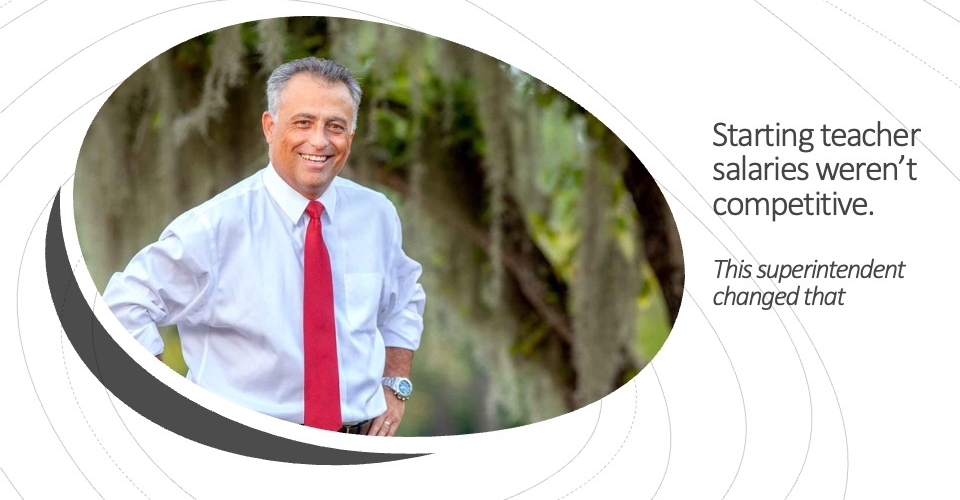If your school district is searching for fresh tutoring models to improve academic assistance for students, what follows may be a goldmine. A new nonprofit called Accelerate is granting $10 million to support dozens of high-impact tutoring models now being refined, developed and put into action.
The funding gives a boost to 31 education and research organizations that are also working to scale tutoring programs that are more affordable, accessible and sustainable. “We know that good tutoring programs work—partly because well-off families have used them to boost student success for generations,” Accelerate CEO Kevin Huffman said. “And we know that those same programs can be a powerful tool to close racial and economic opportunity gaps when we give less privileged students the same access. What we haven’t figured out yet is how to make high-impact tutoring available for everyone.”
Tutoring has been in the spotlight during the pandemic because it’s seen as one of the most effective ways to help students recover academically. And the extent of learning loss became clear last week when the Nation’s Report Card revealed steep drops in fourth- and eighth-grade reading and math scores.
High-dosage tutoring works best in small groups and one-on-one, which is, of course, labor-intensive and costly. Alleviating that strain on resources is one of the goals of the school districts, tutoring providers, nonprofits and other organizations working with Accelerate. Some of the models are embedded into the school day while others are virtual. There are also programs that focus on specific subjects or student populations.
FETC 2023
The Future of Education Technology® Conference takes place live and in-person Jan. 23-26, 2023, in New Orleans. Register now!
“Each grantee has a unique approach to high-impact tutoring, but all share a common goal of putting forward strategies that are cost-effective, that can be scaled over time and that help close achievement gaps, particularly for our most vulnerable learners,” said Janice Jackson, executive chair of Accelerate and CEO of Hope Chicago, a college scholarship program.
Take a look at a few tutoring models
- Guilford County Schools (North Carolina) is partnering with historically Black colleges and universities and other higher education institutions to provide in-person tutoring to students in the district’s bottom 20th academic percentile.
- Deans for Impact, which operates in multiple states, will offer educator preparation programs that recruit teacher candidates to tutor students in high-need schools. The organization will also develop a model policy for strengthening the tutor-to-teacher pipeline.
- Black Hills Special Services Cooperative (South Dakota) will provide tutoring to high-need, high-poverty schools, serving primarily the Native American community on the Pine Ridge reservation.
- School districts in Washington, DC; Cleveland and Hawaii will work with Once, an early-learning program, to train paraprofessionals to provide literacy tutoring to students in grades K and 1.
Here’s a full list of Accelerate’s grantees and a summary of their tutoring models.
More from DA: Are your accelerated learning plans set for success? Let’s evaluate









